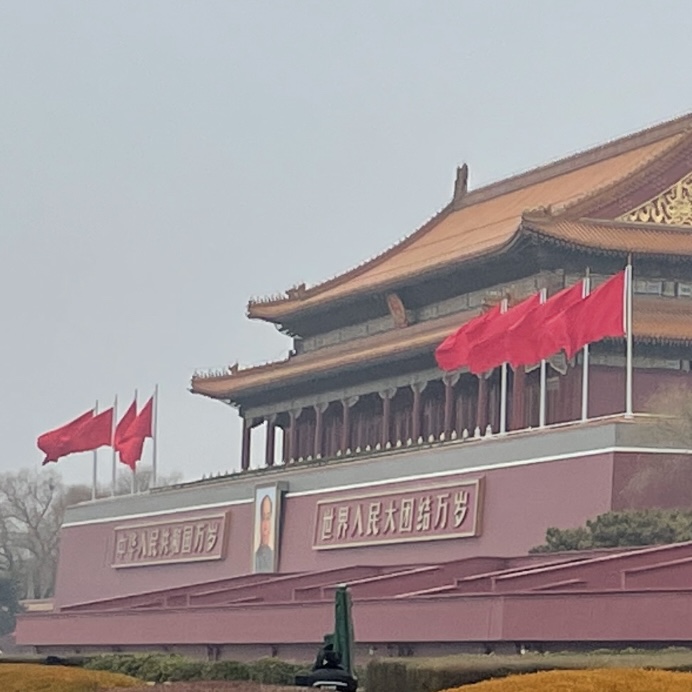The west, the global north, developed countries, the imperial core. I understand and am aware of some of the etymological differences between these words, but what is their difference in practical terms?
It seems that from a Marxist perspective these are one and the same, all designate the same grouping. I hear the west the most often in Lemmygrad, but which term is the most precise, or which might be the best to use?
I’d like to hear your perspectives and analysis.


Use whichever one you like so long as everyone understands what is meant. In my view “the West” is kind of a colloquial term, it’s very poorly defined and a lot of leftists sort of mockingly use it to ridicule the Eurocentric notion of “Western civilization” which is often a racist/chauvinist dogwhistle. But it’s a useful shorthand that everyone understands. The others are generally preferable to use in serious theory discussions since they are more precisely defined, though also not without some ambiguity. On the other hand “global north” has the disadvantage that it can be confusing for those who are not familiar with the terminology and might think it just refers to a country’s geographical location. Also, sometimes you need a bit more nuance than the simplistic two camp core-periphery model can offer. For instance on the question of Russia which is both a developed country that is geographically in the global north but also very much not part of the imperial core and associates both politically and economically more with the global south. In this case it is necessary to include a third category of semi-peripheral countries. Furthermore, as countries in the global south are developing quite rapidly, especially China, we will see the emergence of two different types of “developed” countries, ones which owe their development to imperialism and ongoing (neo-)colonial wealth extraction, and those that do not.